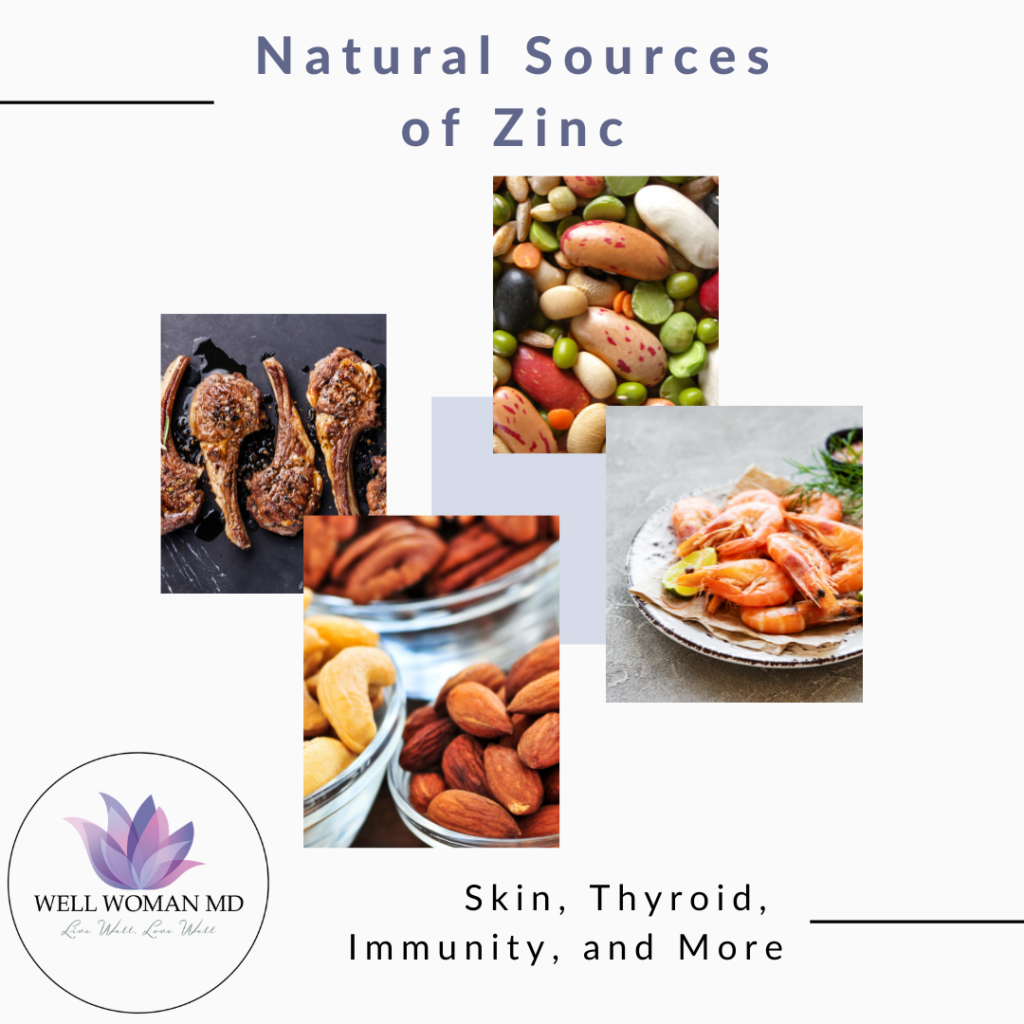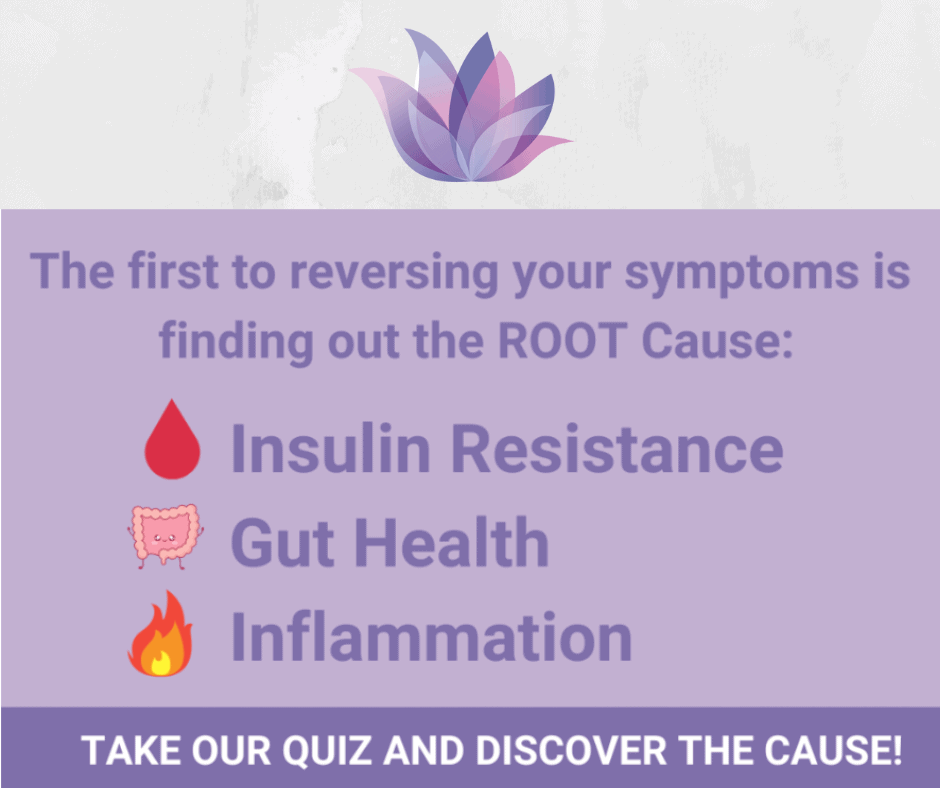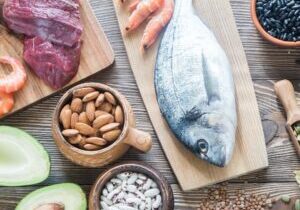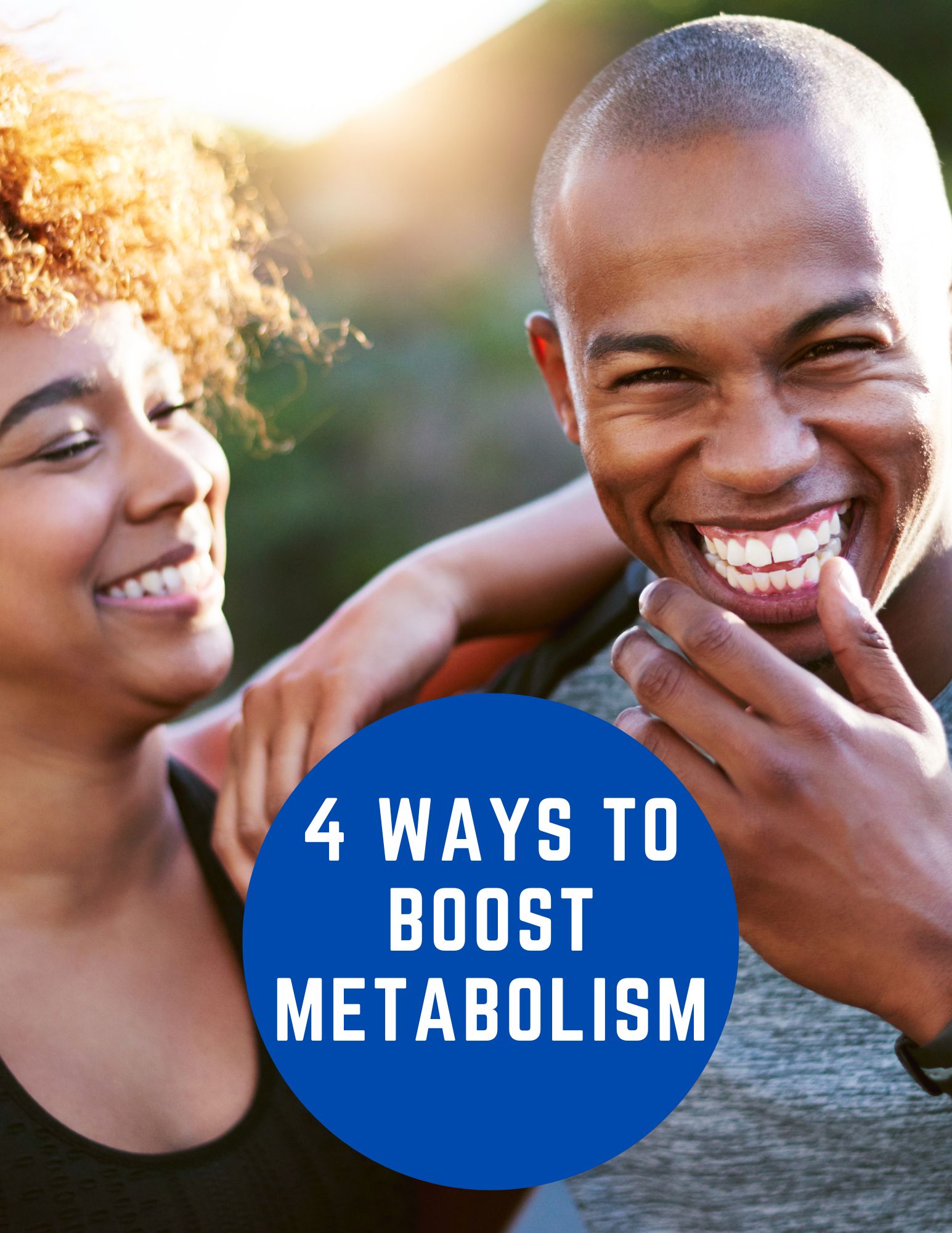When you think of Zinc, do you instantly think of cold lozenges? I do. Zinc is everywhere in the cold and flu season. But did you know Zinc is crucial for hundreds of essential functions in the body? It helps with hormone production, growth and repair, digestion, and brain function. People with low zinc levels have chronic fatigue, diseases such as diabetes, and hormone conditions. It also acts as an anti-inflammatory agent. It is a mineral that everyone should consume daily for overall disease prevention and health promotion.
What is Zinc?
Zinc is a trace mineral found naturally in food. It is a micronutrient because we do not make it in our bodies. It is the second most abundant mineral in our body. We must obtain it through food or a supplement.
The Link between PCOS and Zinc Deficiency
Zinc deficiency is more common in women diagnosed with PCOS than in other women. And even more prevalent in women with high levels of insulin resistance as a driver of their PCOS symptoms. While the exact reason is unknown, one theory is that birth control depletes zinc stores in the body. And many women treat PCOS with a birth control pill. It is also possible that because Zinc is necessary for proper hormone production and function, women with PCOS may have altered Zinc levels due to dysfunction in hormone regulation.
There is also a link between zinc deficiency and diabetes. Since women with PCOS are at higher chances of developing diabetes, it is logical that zinc deficiency is common in women with PCOS.
Can I get tested for Zinc Deficiency?
Some labs offer serum Zinc testing. But the labs may not be accurate as Zinc is present in so many tissues in the body and assessing the cellular activity of Zinc is not possible. Some signs and symptoms of Zinc deficiency are getting sick, poor wound healing, poor concentration, fatigue, or having blood sugar imbalances. Talk to your doctor about getting evaluated for other causes of these symptoms and about supplementation.
7 Benefits of Zinc for Hormone and PCOS Health
Supports Thyroid Health
Zinc is essential for proper thyroid hormone production and function. Women with PCOS have higher rates of hypothyroidism. Zinc is crucial for PCOS and Hypothyroidism. I strongly recommend all women with hypothyroidism add Zinc and Selenium to their regimen as it improves the function of the thyroid hormones.
Reduces Hair Loss and Unwanted Hair Growth
Zinc has been shown in clinical research to lower testosterone levels. Therefore it combats the signs of hirsutism and androgenic alopecia. One study indicated it improves these symptoms in as little as eight weeks, taking 50mg/daily. Excess testosterone is the top cause of both hirsutism and androgenic alopecia, so lowering those levels will benefit both conditions.
Clears Up Skin
People with acne and PCOS have low levels of vitamin E and Zinc. Zinc is necessary for proper immune system function and the production of collagen in the skin. The skin is the largest organ in the immune system. It wards of infection by being a barrier to organisms that want to cause disease. Zinc promotes collagen production, which is the tissue that keeps our skin and acts as a barrier. Therefore, it is necessary for proper wound healing as well.
Antioxidant
It also has an anti-inflammatory property and can decrease acne breakouts by lowering inflammation, which reduces testosterone levels.
Lowering inflammation in your body benefits many diseases.
Improves Anxiety
There have been many studies looking at the benefits of Zinc supplementation for mental health. Zinc is present in a high concentration in the brain. The exact mechanism why adding Zinc to your diet improves anxiety and depression is not known, but it appears it is necessary for neurotransmitter function. Neurotransmitters are the chemicals released from nerves to communicate different messages in our brain.
Boosts Immune System
Zinc plays an integral role in the pathway for immune signaling. Low zinc levels can suppress the function of immune cells like natural killer cells and macrophages, impairing their ability to fight infection. It helps fight pathogens (or “bugs”) and returns the body to homeostasis after an illness.
Some data suggest taking Zinc within 24 hours of cold symptoms will reduce the cold duration. Hence why you see it in lozenges, meds, and syrups around the cold season.
Balancing Blood Sugars
Zinc is needed to balance most hormones, including insulin. It binds to insulin and remains in the pancreas. When insulin is released, it facilitates the utilization of digestive enzymes to break down the glucose and allows insulin to tell the cell to take up the glucose instead of storing it as fat. Zinc is essential for hormone regulation and the reduction of oxidative stress. It is a natural treatment for blood sugar management and decreasing insulin resistance.
Boosting Fertility
There is some evidence that links lower egg quality and anovulation to lower Zinc levels. There needs to be more research in this area. But it could also explain a link to PCOS and the standard type of infertility, anovulation.
Foods High in Zinc

I encourage a “food first” approach with our patients. If you have a strict diet due to allergies, then you can supplement.
Not only do these foods contain rich sources of Zinc that may be beneficial, but they also contain other minerals for whole-body health, hormonal balance, fertility, and more.
- Shellfish: oysters, crab, lobster
- Meat: beef, turkey, pork, chicken, lamb
- Lamb have the highest 2.9mg in 3 ounces
- Legumes: soybeans, chickpeas, kidney beans
- Chickpeas have the highest 2.5mg in 1 cup cooked
- Nuts and seeds: pumpkin seeds, pecans, cashews, almonds
- Cashews have the highest 1.9mg in 1/4 cup
- Yogurt
- 6 ounces has 1mg
- Dark chocolate also contains a fair amount of Zinc, yeah!
- 1 Tablespoon of cocoa powder is 0.3mg of Zinc
Zinc Supplements for PCOS
Most studies showing the benefits of Zinc for PCOS used around 50 mg of supplemental Zinc per day. However, the upper limit for Zinc is 40 mg, and taking too much of this mineral may cause GI upset or a subsequent copper deficiency. I suggest people stick to 25 to 30mg/day. You can get your Zinc levels tested through blood tests with your doctor.




